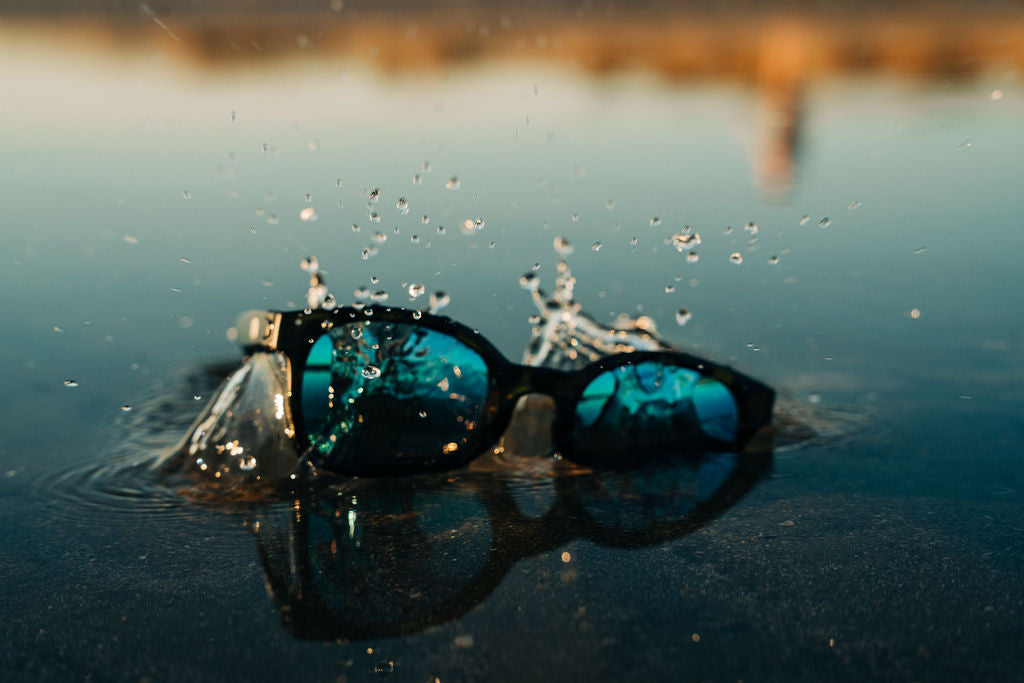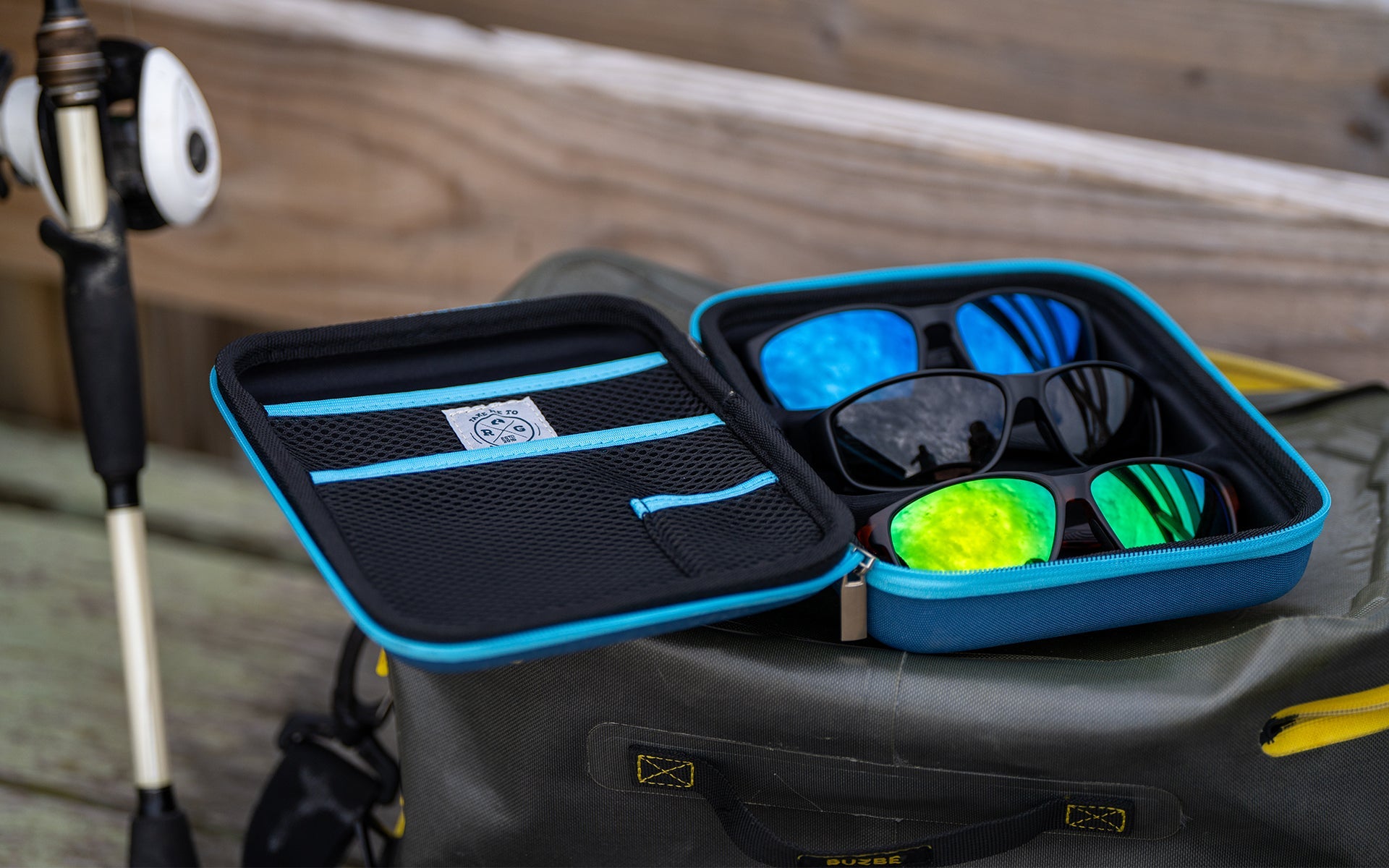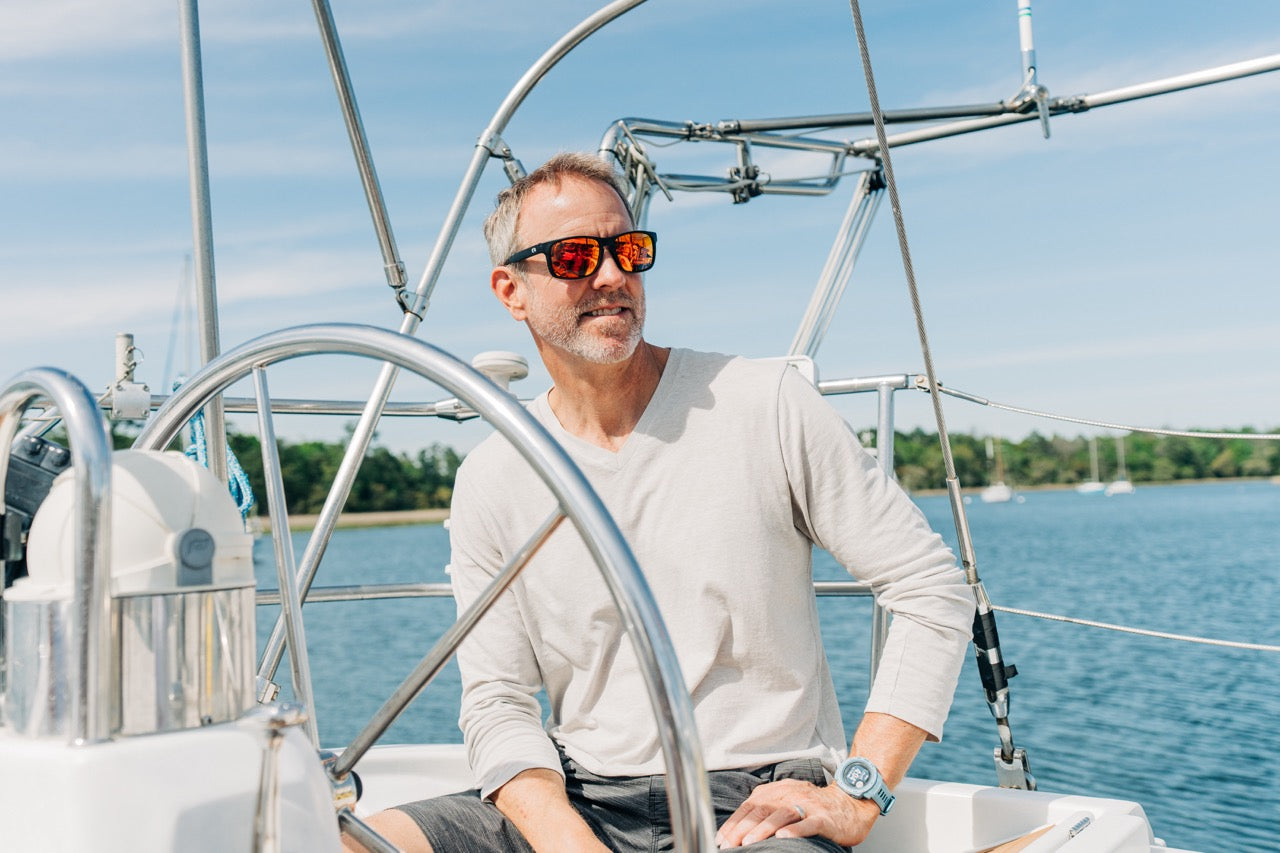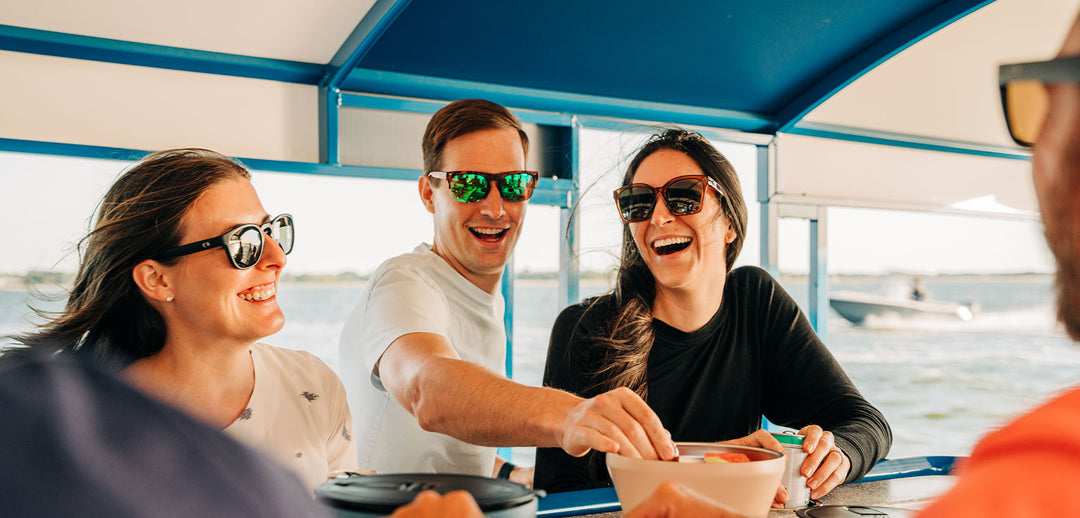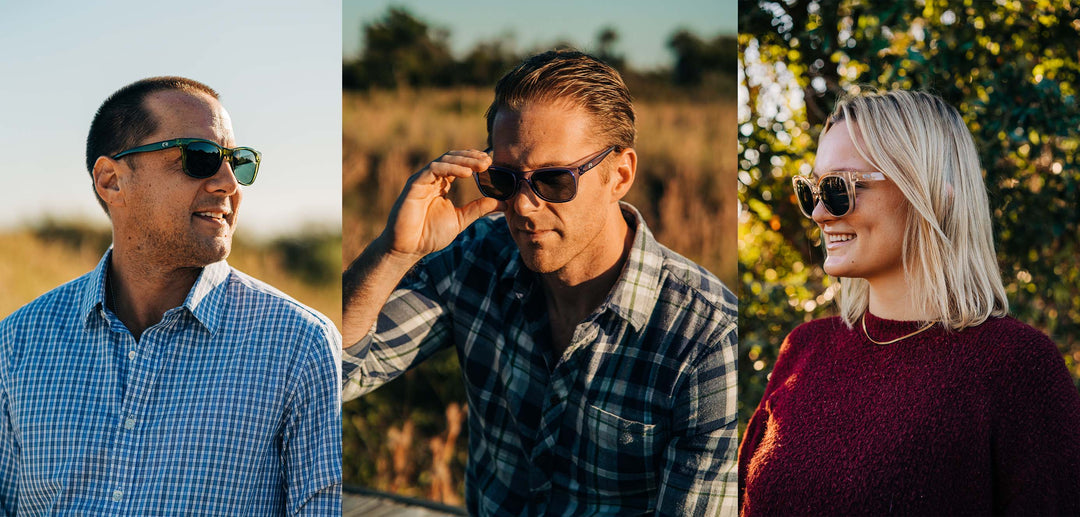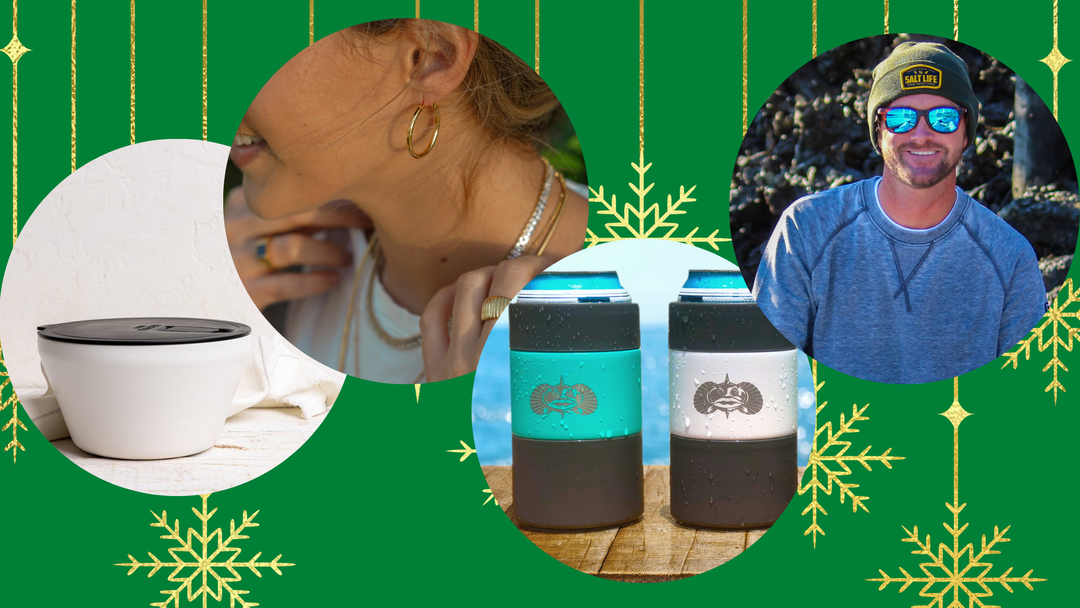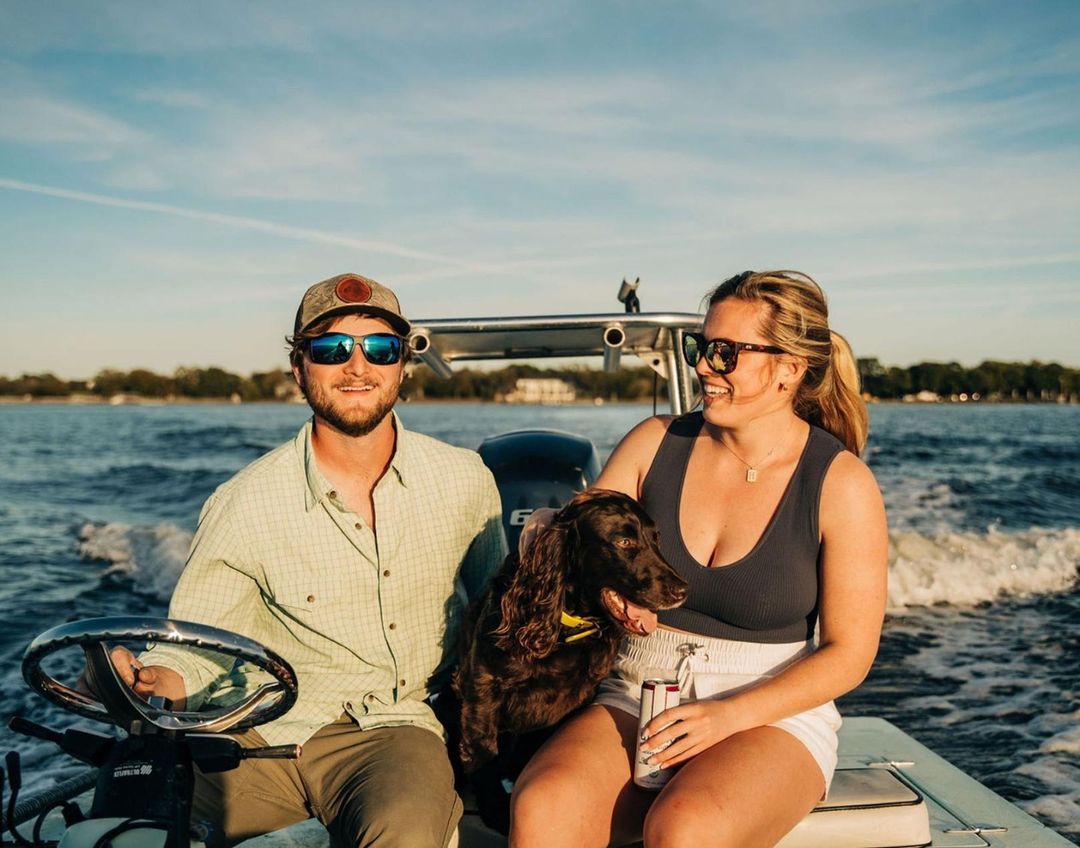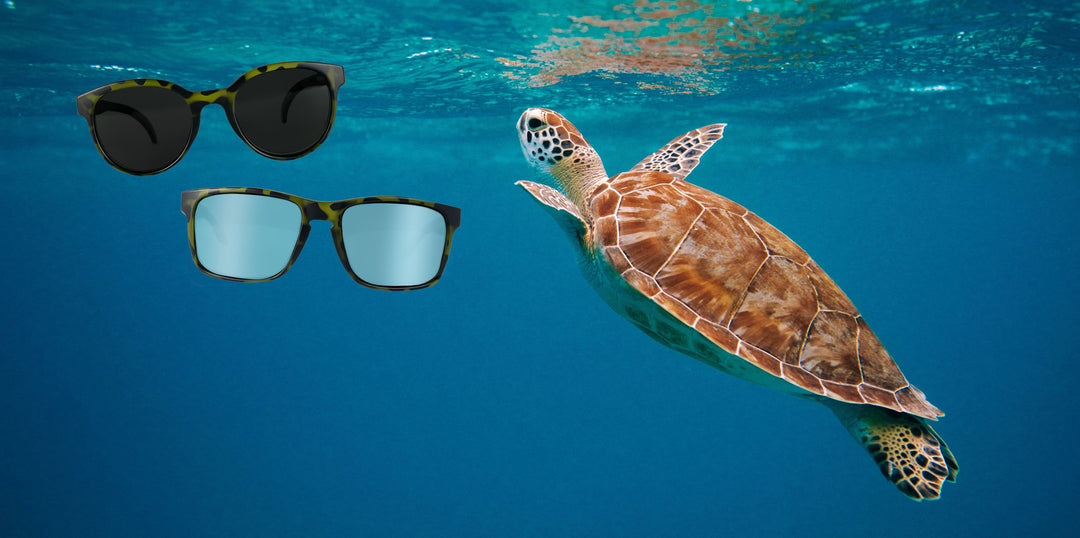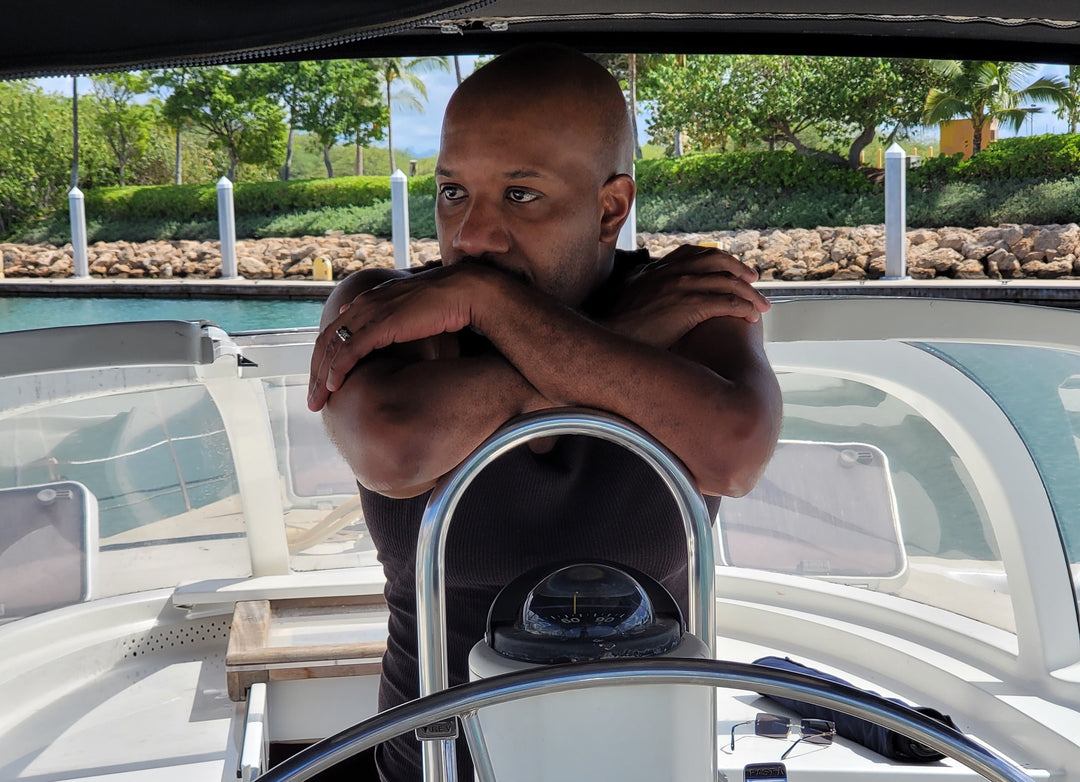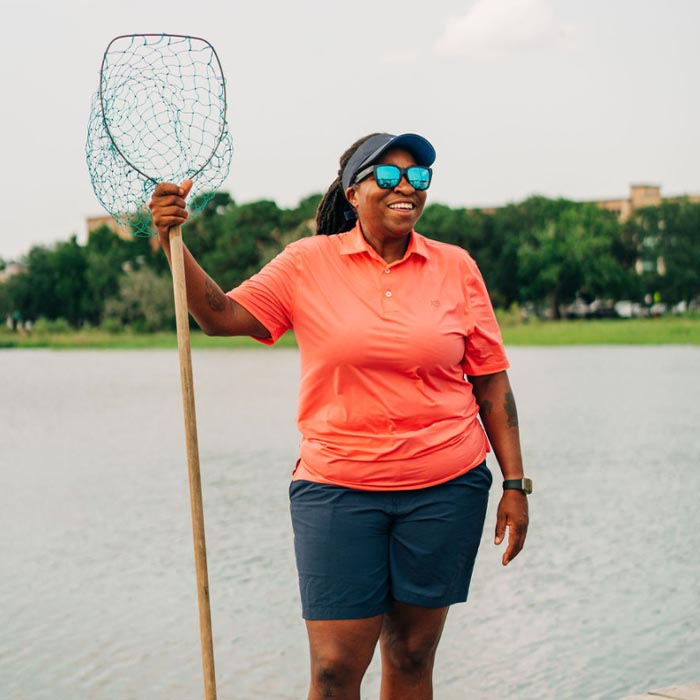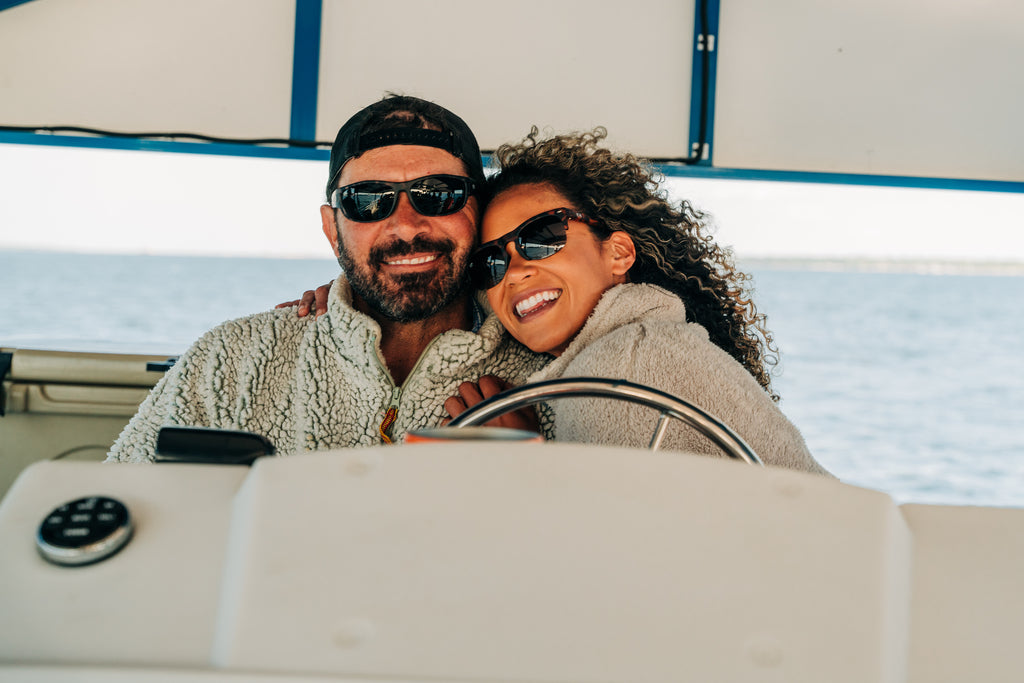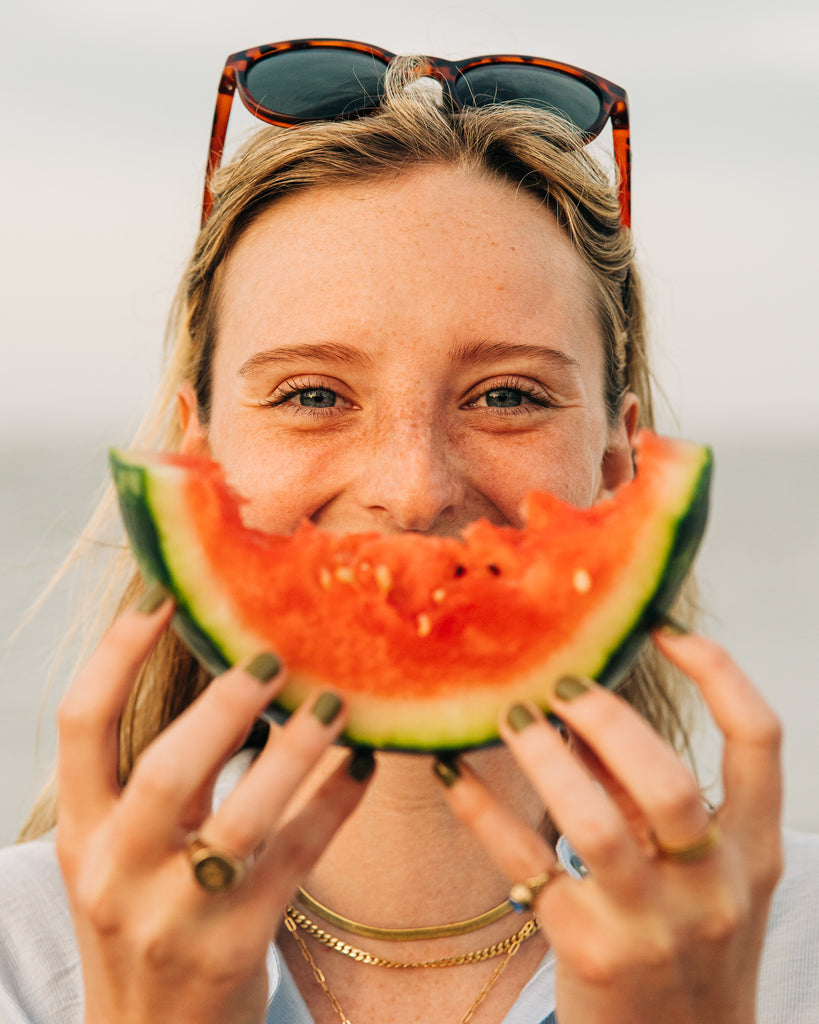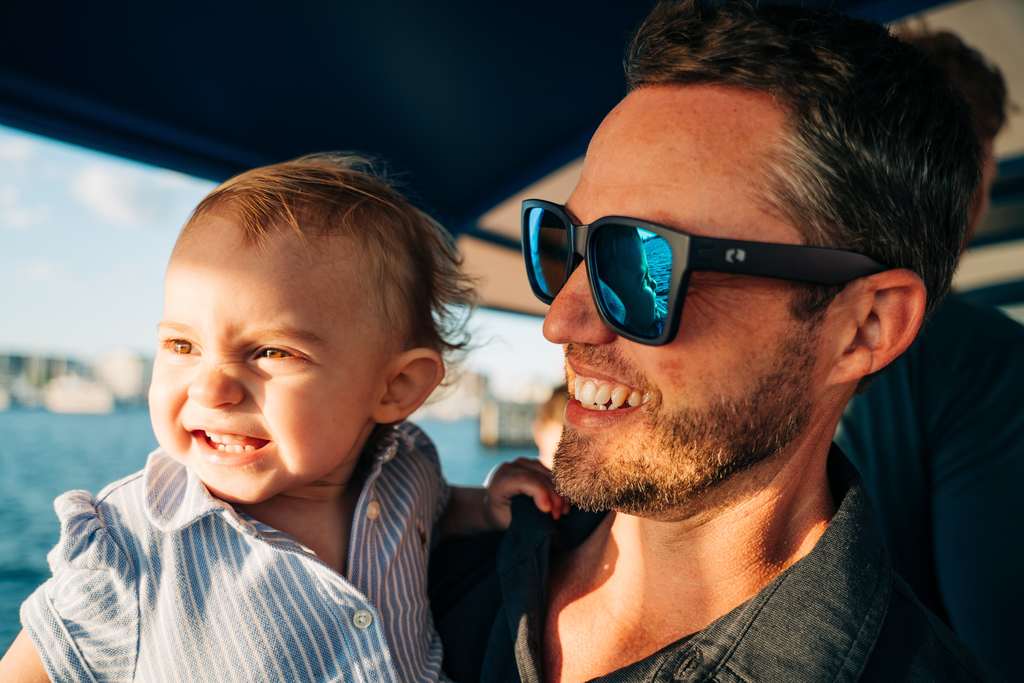Sun Damage to Eyes - And Why It Matters Most on Water
When you’re headed out to the beach or the lake for a weekend, what do you bring to protect yourself from the sun? Sunscreen, aloe vera, and maybe a good UV blocking shirt, right?
But what about your sunglasses?

Photo by: Arielle of Dream Life Revolution
Your trusty pair of sunnies are more than a fashion statement. They’re essential to protecting your eyes from UV rays.
Ultraviolet (UV) radiation is a type of energy produced by the sun that can cause sunburns, premature aging — and eye damage.
UV rays are a danger hidden in plain sight. You can’t feel or see the radiation. And you definitely won’t know the amount of damage caused by the sun until much later.
Everyone, even children, is at risk for sun damage to their eyes — especially when they’re out on the water. UV rays bounce off surfaces and increase your exposure. Water in particular can reflect up to 100% of UV rays. And snow reflects about 85% of UV rays. That’s a lot of potential exposure. Yet only half of Americans are likely to wear sunglasses while near a body of water.
One of the biggest misconceptions about spending time in the sun is that it’s not a big deal if you won’t be outside for very long. However, sun exposure adds up over time. Even on cloudy days we can still damage our eyes.
So it’s time we shed some light on the dangers of UV. Keep reading for more information.
The Effects UV Can Have on Your Eyes
UV rays can make a serious impact on our ability to see. And many of us have already experienced symptoms. According to the Vision Council in 2016, more than 1 in 3 adults experience signs of unprotected UV exposure.
Here are just a few of the problems you should look out for:
- Macular Degeneration: the leading cause of vision loss
- Photokeratitis: a type of painful eye-sunburn that can cause temporary vision loss
- *Cataracts: clouds your eye’s natural lens
- Pterygium: a growth that begins on your eye but can extend to block your vision
-
Skin canceraround or on your eyelids
Starting to see UV protective sunglasses in a different light?
*If you’ve had cataract surgery, you could be more at risk of injury.
Types of UV Rays
So what should you look out for when you’re headed to the beach or out fishing? There are two different types of UV rays that can impact your eyes the most.
- UVA
-
UVB
- Mostly absorbed by the cornea and the lens
- Can cause even more damage to your eyes than UV-A
Don’t Take the Sun Lightly
While UV rays bounce off surfaces and increase your exposure, there are other factors that can impact their strength.
- Time of day: UV light is strongest between 10 a.m. and 3 p.m.. Avoiding peak times can cut your exposure by as much as 60%.
- Distance from the equator: The ozone is thinner near the equator, meaning you’re exposure to UV rays increases.
- Altitude: UV rays increase by up to 4% for every 300m increase in altitude.
- Cloud cover: Gloomy weather can still cause sun damage, as some rays can still penetrate through clouds.
An easy way to help you track the strength of UV rays is to take a look at your shadow. If it’s shorter than you, the sun is strong and you should be careful. You can also download the Environmental Protection Agency’s free UV index app for iPhone and Android.
Tips You Don’t Want to Lose Sight Of
So it’s time to set your sights on a good pair of sunglasses to help protect your eyes. But you don’t want just any pair that looks good. Make sure your sunglasses:
- Reduce glare (polarized lenses can help, too!)
- Filter out 99 - 100% of UV rays
- Protect your eyes
- Are comfortable to wear
- Do not distort colors
- Float
- Are impact resistant
UV Rays can come from different directions, so don’t let sunglasses be your only form of protection. Wear a wide-brimmed hat or cap to limit the amount of rays that hit your eyes from above or around your sunglasses.
A great tip to protect your eyes when near the water (when it’s most important!) is to grab a pair of floating sunglasses. You can protect against UV damage without worrying about sinking your shades.
With the right protection you can keep your sights set on the sun and on the water.
